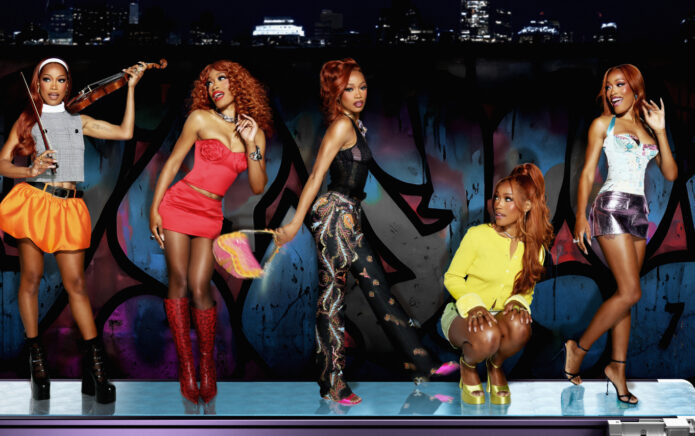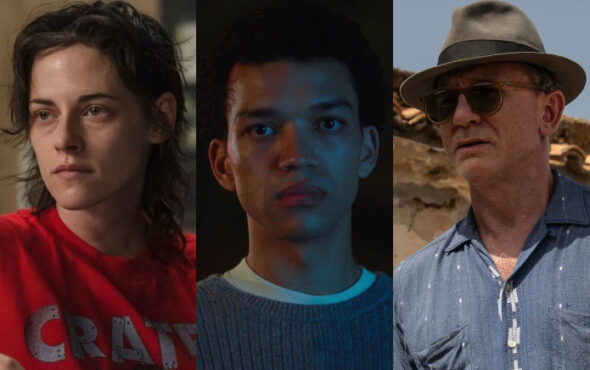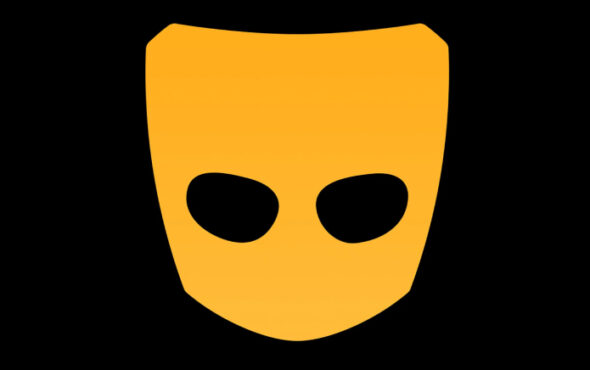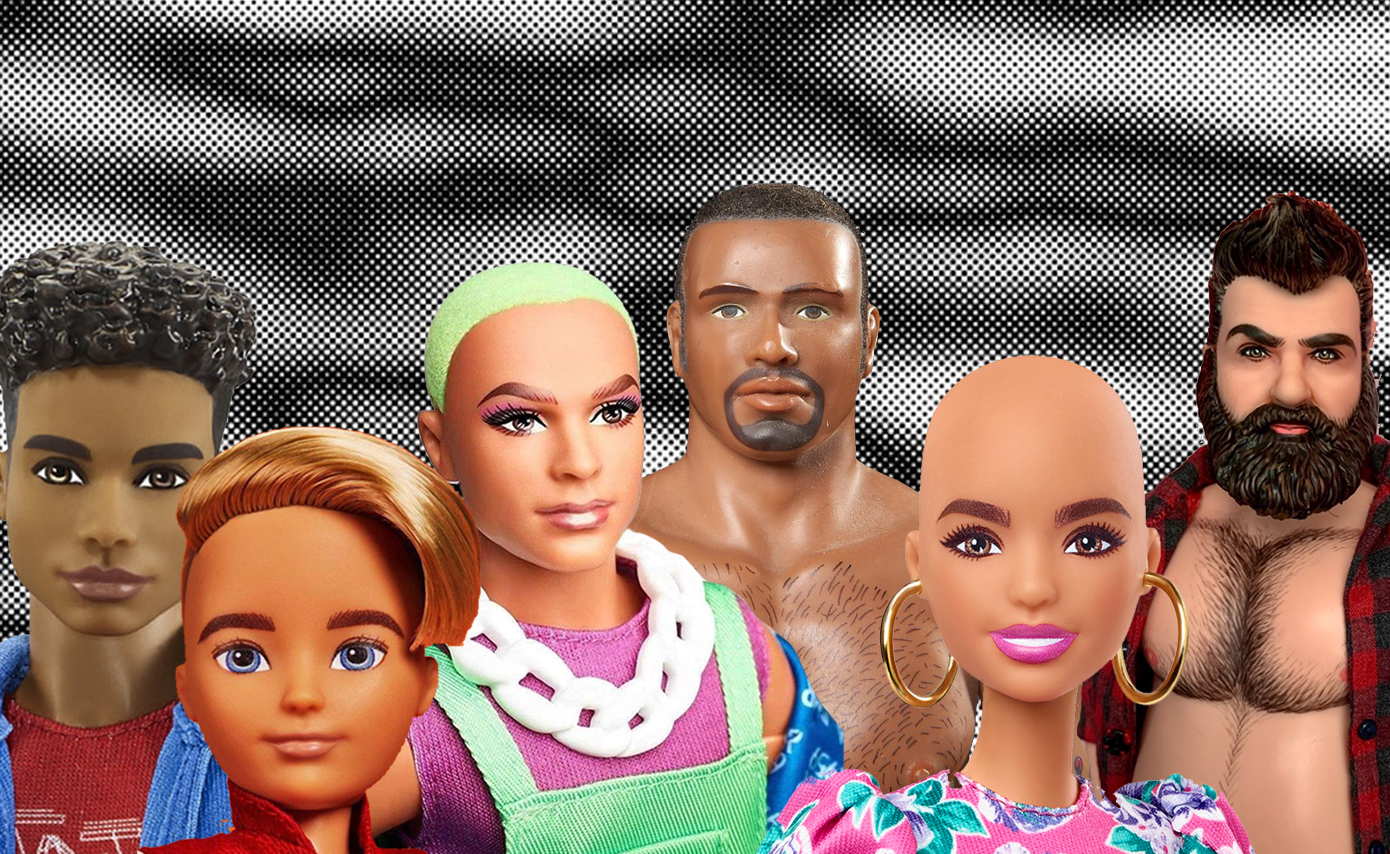
In the film Boogie Nights, the late Philip Seymour Hoffman plays Scotty J., a colleague and friend to rising porn star Dirk Diggler (Mark Wahlberg). On New Years Eve in Los Angeles, in the last lingering moments of the 1970s, Scotty asks Diggler to step away from the cocaine and sex-drenched party to check out his new car.
“I wanted to make sure you thought it was cool, or I was gonna take it back,” Scotty says. Punch-drunk, he tries to kiss Diggler and gets rejected.
“What the hell are you doing?!” Diggler yells.
“You look at me sometimes…I wanted to know if you like me,” Scotty slurs. Diggler tells him to cut it out and goes back inside. Scotty sits down into the driver’s seat, shuts the door and sobs.
“I’m such a fucking idiot,” he says to himself. “I’m such a fucking idiot.”
In my early twenties, I watched this scene and felt incredibly sorry for Scotty. In my late twenties, I relate to it less. I think, “Scotty, he’s not gay. Don’t take it so personally.”
Rejection and the queer community are well acquainted. In our youth, the idea of it hovers above us like a cloud, threatening our relationships with our families. We know that a large and ugly chunk of society rejects us. The American Vice President supports conversion camps that force us to reject ourselves. Historically speaking and well into our near future, at the very least, rejection is and will be inherent in our stories as queer people. It is, as they say, what it is.
When I was a bit younger, rejection of any form—romantic, professional, anything—used to devastate me. I think such is the case with most young people. You are so unsure of your self worth and identity that every “no” is not so much a little lap against the shore but a tsunami, crashing against you and destroying whatever wood and clay foundation you’d built along the sand.
Getting older and wiser doesn’t mean you’ll face less rejection. In fact I think most of us would agree that you’ll encounter it more.
Take dating, which is primarily a social dance of rejection and attraction amongst the billions of people who’ve inhabited our planet. Technology has had an immeasurable effect on meeting and courting and coupling. At no other time in history has mankind had the ability to browse an infinite pool of potential partners each day, filtered for you by location, hobbies, fetishes, degrees, etc. I could, potentially, use Grindr’s Explore feature to place myself in Tokyo, meet a guy on the app, and be sipping warm saki with him in a week’s time. Were you to tell someone about this ten years ago, they’d side-eye you before looking back at their Blackberry.
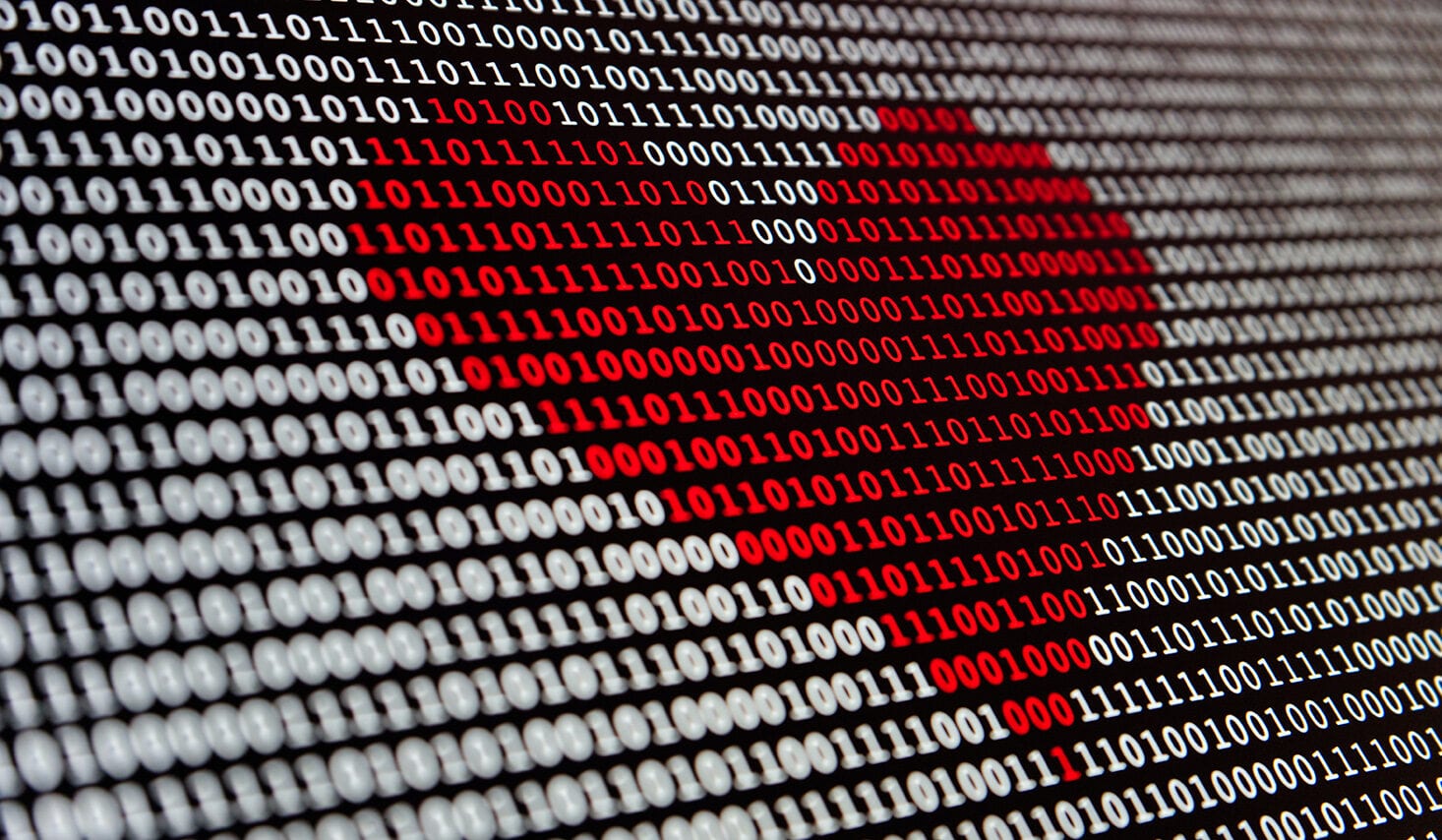
On the flip side, dating has never brought about the sheer volume of rejection we currently face. One hundred guys can reject you on Grindr in a day—more, if you’re tenacious. Mythology suggests that the Greek poet Sappho threw herself off of a cliff due to her unrequited love for a ferryman named Phaon. Imagine if she’d been rejected one hundred times in a day? There aren’t enough cliffs in the world.
The fact that queer people alone face more rejection than our heterosexual counterparts does not mean that we’re better suited at handling it. Sappho was supposedly queer and…well, cliff. It’s possible that each time someone passes on you, the kind of common and mild form of rejection that fuels dating apps, it triggers feelings of past rejections. This could summon traumas and threaten emotional securities that are unrelated to the minuscule rejection at hand (let’s say, for example, a guy not “tapping” you back). Similarly, it is not the isolated fact that we’ve faced more rejection by the time that we’re older that helps us to conquer it. It’s that we begin applying logic to rejection.
“I often have to work with clients to understand that this process is about a fit or a match,” says Marty Cooper, a psychologist who specializes in LGBTQA+ counseling. “This requires that the person gives less weight to the ‘rejections’ and focuses on looking for a good fit.”
While ideals around the male form have pervaded the gay community like no other, so too has a celebration of its diversity. Tribes—twinks, bears, daddies, leather, jocks, geeks, and others—exemplify these different types and that people are attracted to them, based on their unique tastes. This is, of course, not limited to cis males.
“A lot of lesbians have preferences for either more femme or more butch girls,” says Arvida Byström, a queer artist who explores topics like sexuality in the digital age. “I know it’s a little bit silly, but I prefer someone that explicitly likes my body type. I have a big butt and very tiny boobs. If I date someone who isn’t into butts, I get butt hurt.”
Even Tinder will tell you, “It’s a match!” and not “You’re good enough!” So why do we conflate the two? Why is our first assumption so often that we’re ugly or unimpressive rather than that we might not be their type? Why do we refuse to believe his profile when it says he’s only into guys above 40?
“From one perspective, the design of the apps can lead a person to believe that they are a ‘winner’ or a ‘loser,’” Cooper explains. “The design of swiping left or right can suggest to a person that they have either met the criteria for the other person or not.” It’s easy to then collect these rejections or matches as an aggregate voice, signaling that you’re either generally desirable or that you are not.
In our world, I’ve found that the truth of difficult matters is rarely gentle. Thankfully, such is not the case with dating. The reality is that dating and apps are a false barometer of self worth and attractiveness. Rejection is not so personal. These matters are subjective, not objective, and no one you come across will have a university degree in choosing beautiful people over the uglies.
Applying this logic to the thousands of rejections you’ll face will prevent you from death by a thousand cuts. It will absolve you from a ton of heartache. And so when you see a cliff, beckoning you out to the cool, dark ocean, you will not so much want to jump as you will want to sit and enjoy the view, perhaps with a very special someone.
